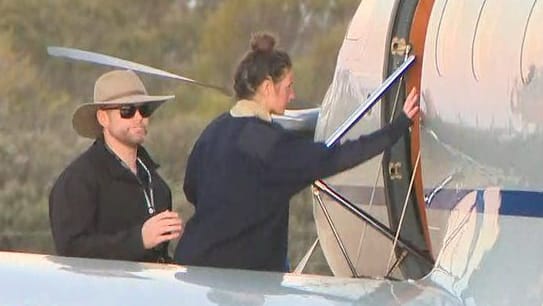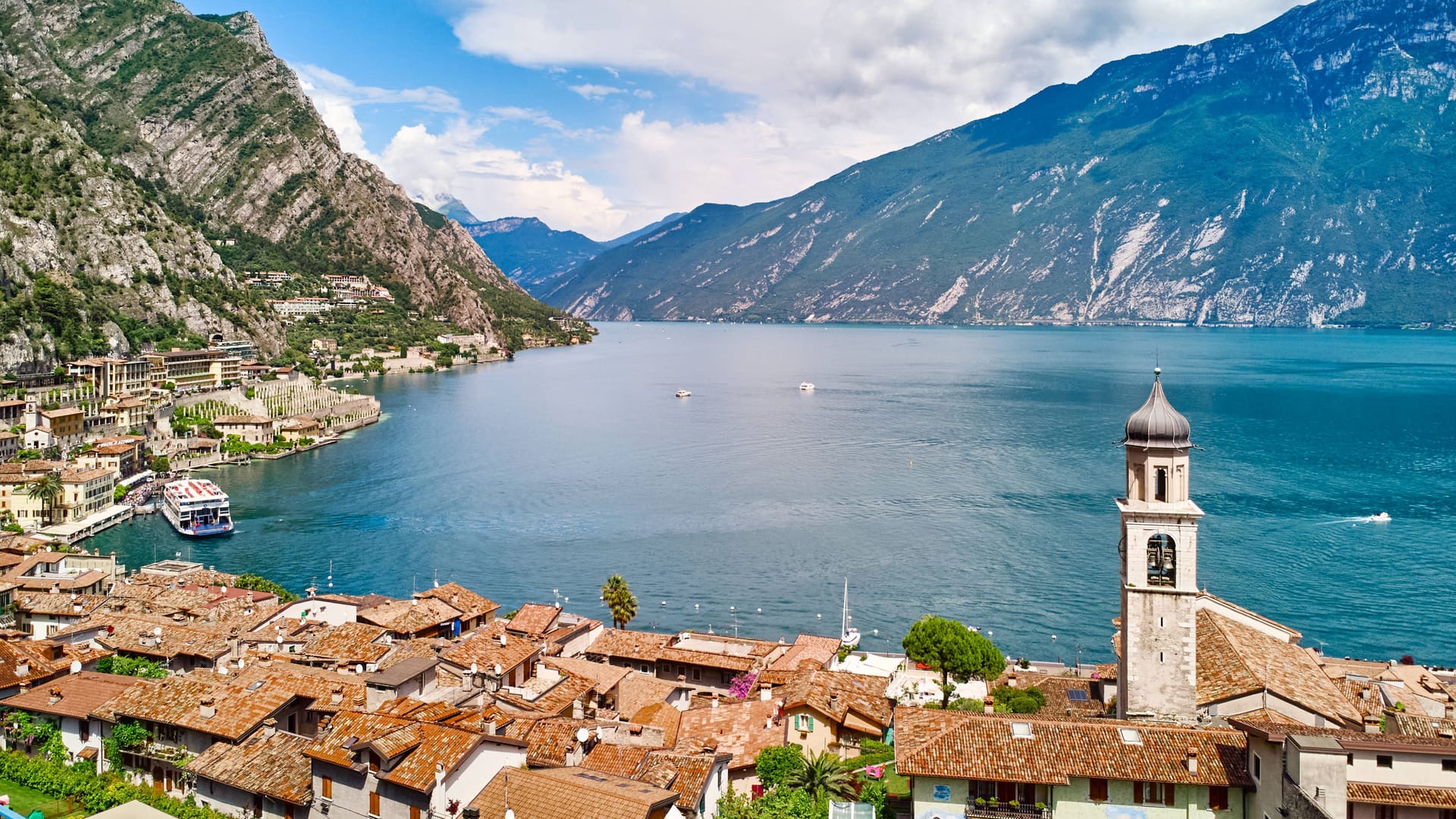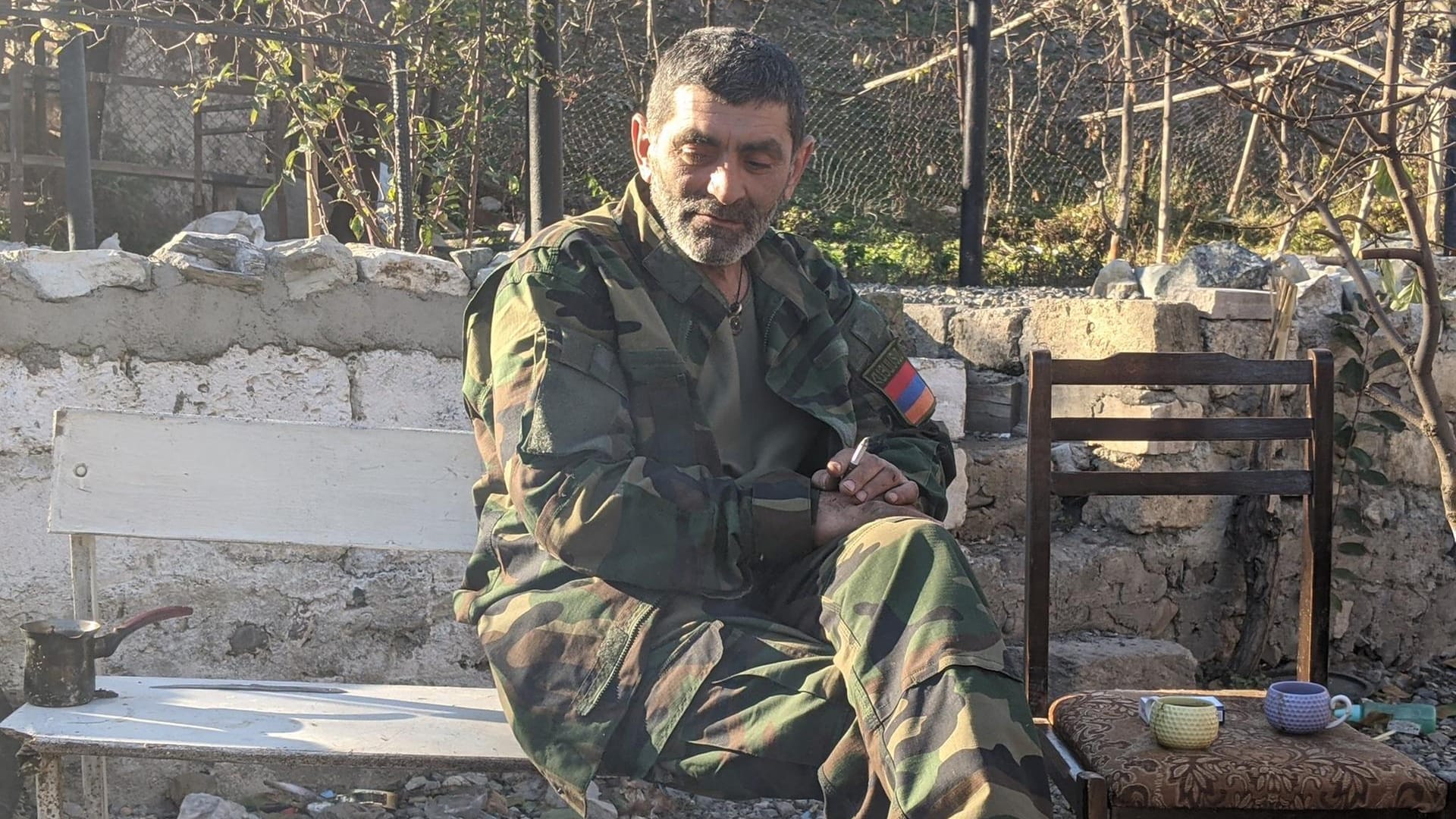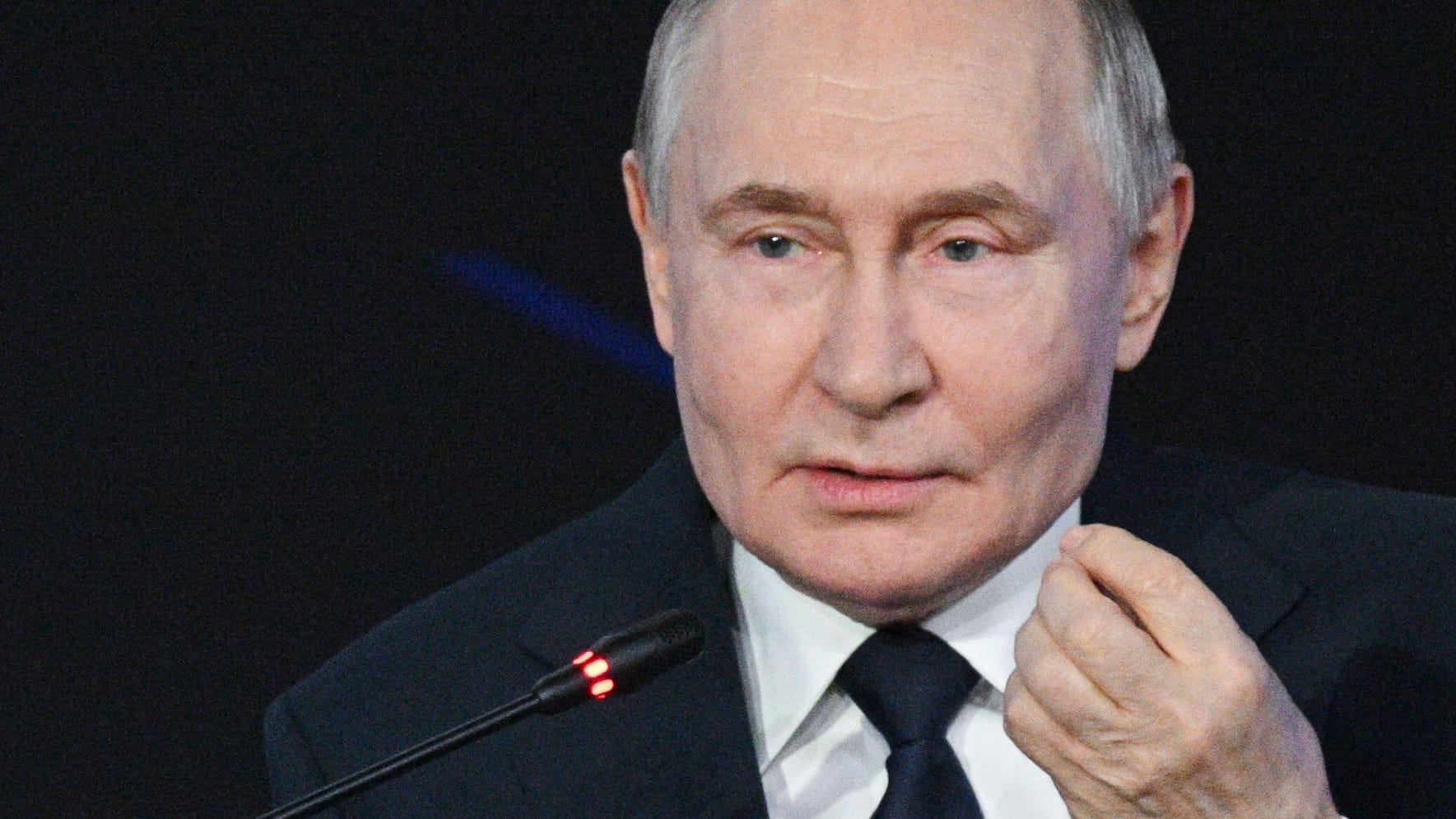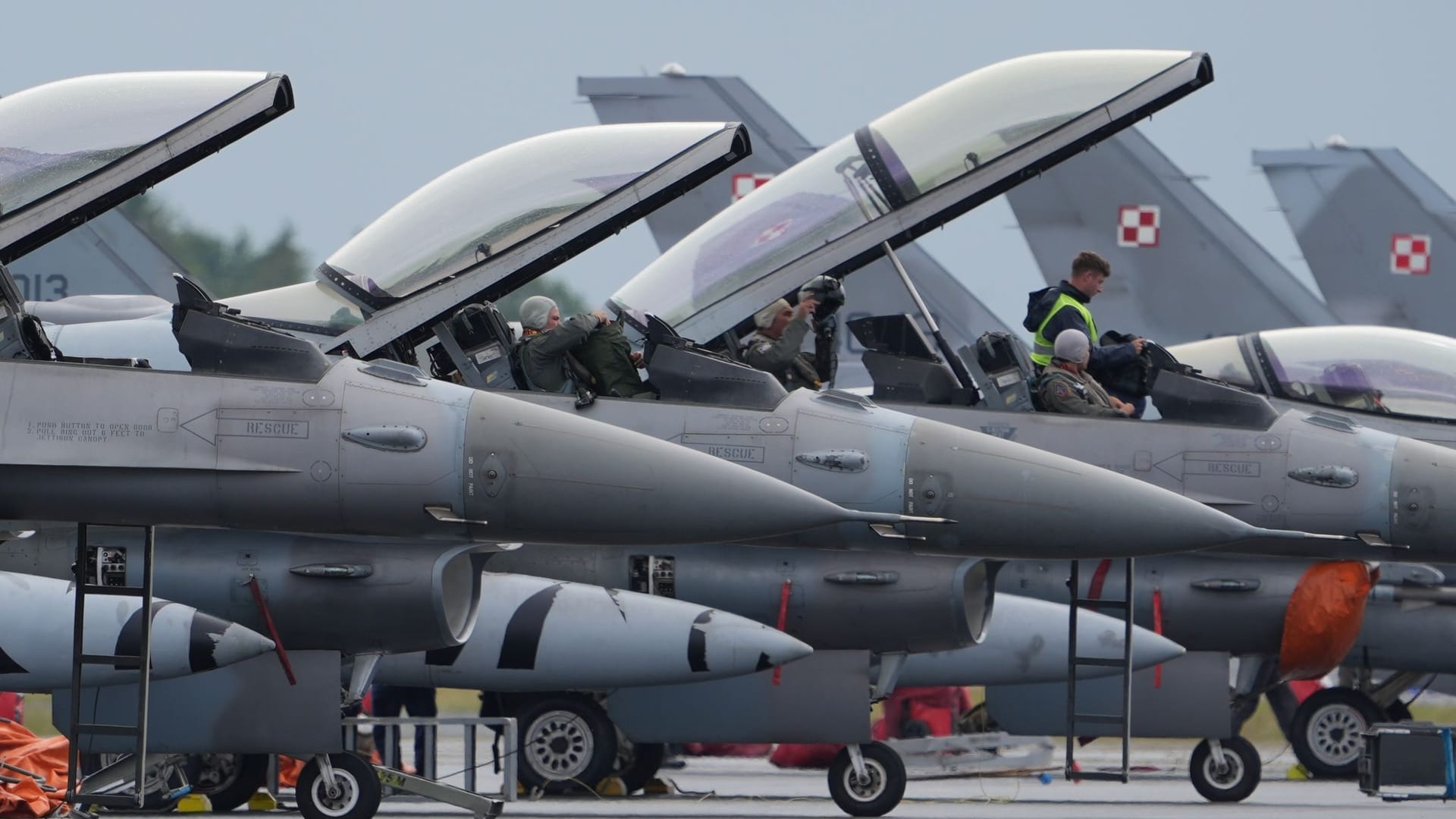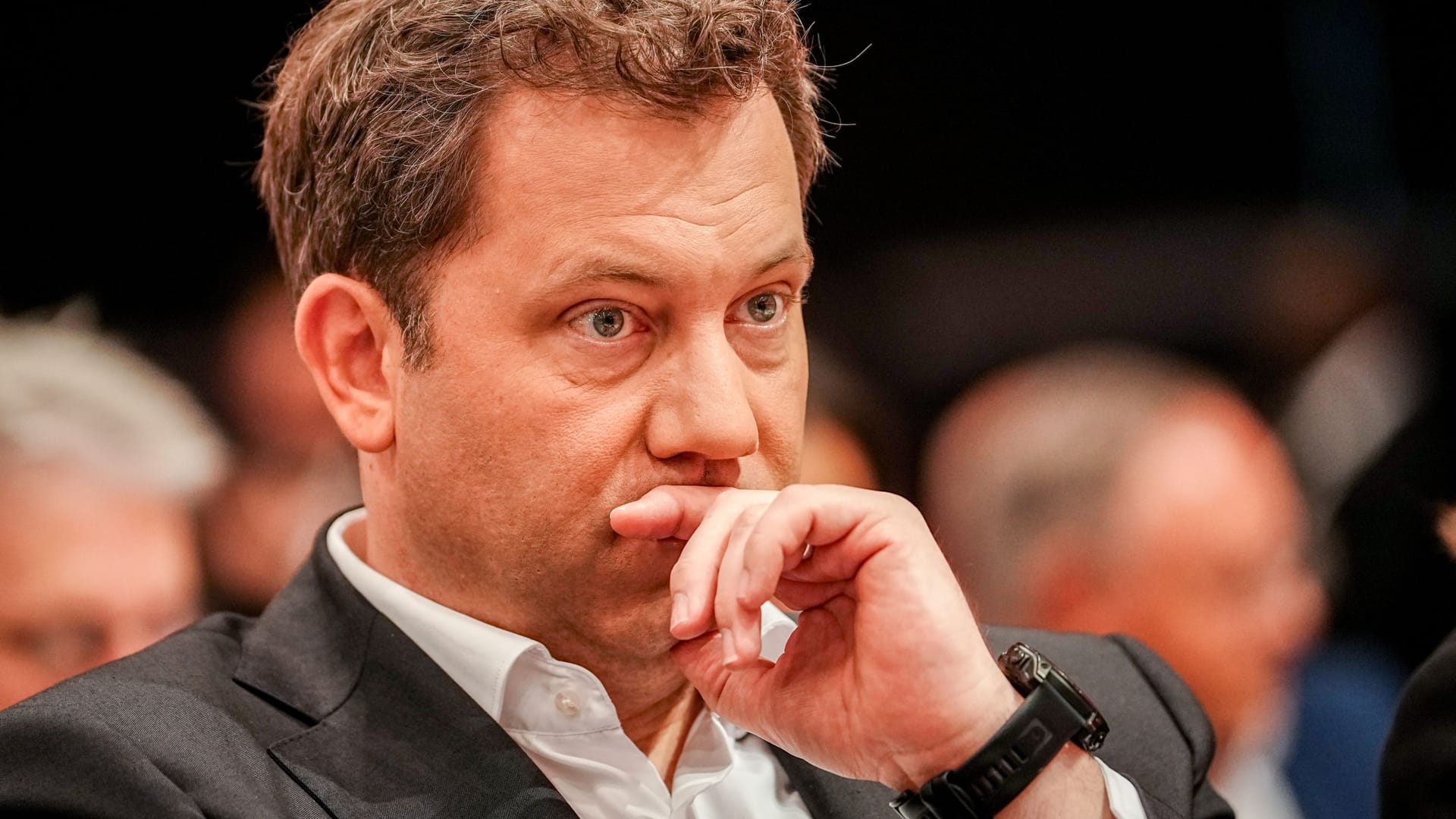
Mehr als 150 Journalistinnen und Journalisten berichten rund um die Uhr für Sie über das Geschehen in Deutschland und der Welt.
Zum journalistischen Leitbild von t-online.Manifestations of Hatred Azerbaijan’s war crimes in Nagorno-Karabakh
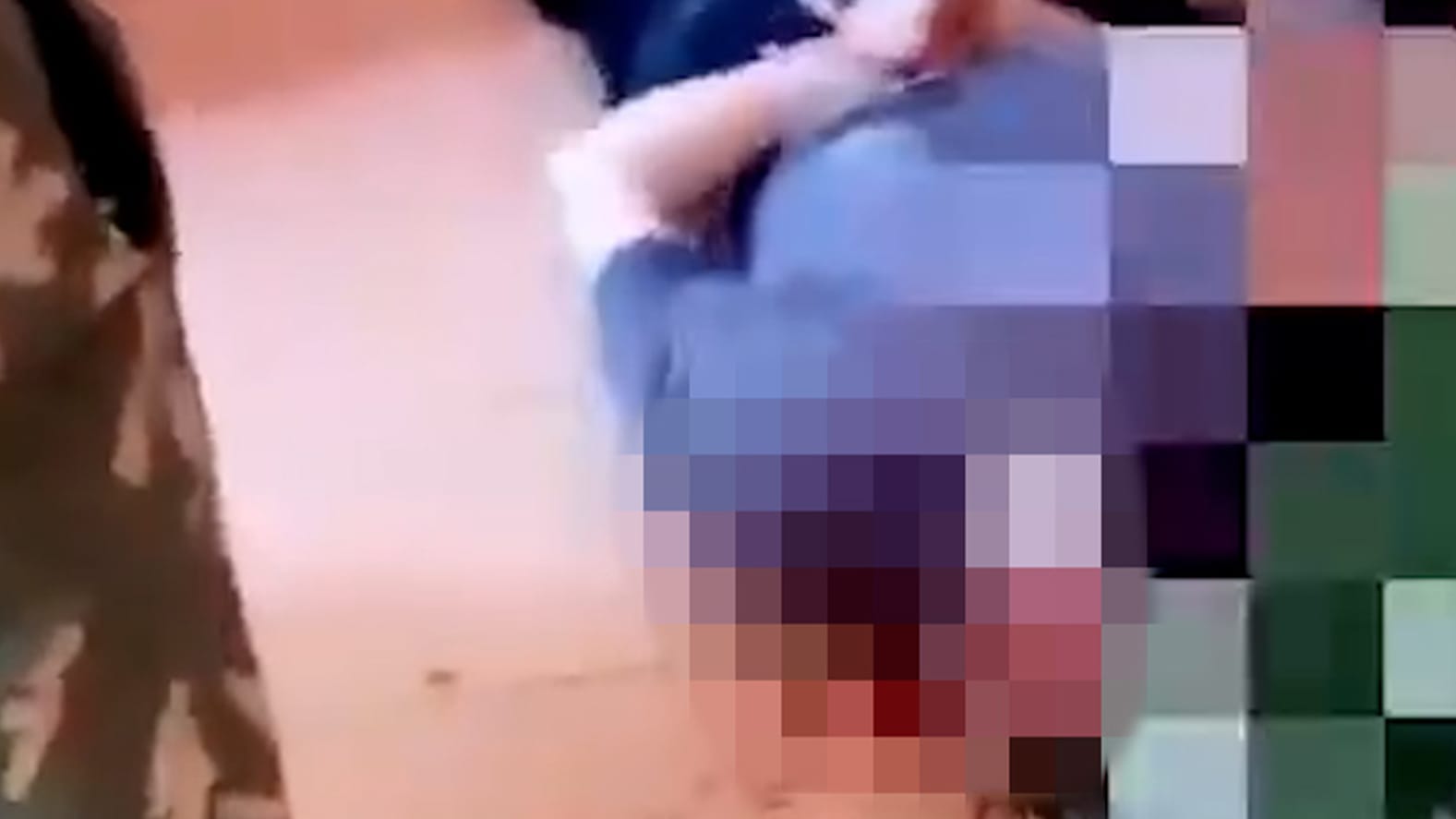

Since the ceasefire agreement between Armenia and Azerbaijan following the war over Nagorno-Karabakh, videos showing brutal war crimes have been circulating. The details are almost too sickening to share. And that is why they are important for the world to know.
The German version of this piece is available here.
Trigger Warning: This article includes graphic descriptions of violence, war crimes and murder. Please proceed with caution and practice self-care when reading this article.
The mobile phone video shows a headless body, freshly decapitated. The camera operator issues a remark to his comrade, a soldier in camouflage with his rifle, and he promptly stomps on the corpse, spurting blood from the neck. The camera pans to the right, bringing into focus the severed head, placed upon a slaughtered pig.
This scene is not a years-old video from Islamic State-held Syria or Iraq. It is from Nagorno-Karabakh, the disputed territory in the South Caucasus where a 44-day war between Armenia and Azerbaijan just concluded with the latter’s victory. With that victory came a long string of horrific war crimes committed by Azerbaijani soldiers such as the one just described, filmed gleefully on mobile phones, videos that show the torture and execution of Armenian prisoners.
The details are almost too sickening to share
The details are almost too sickening to share, but that is why they are important for the world to know. In another video that circulated in mid-November, a captive Armenian soldier is forced to recite the words 'Karabakh is Azerbaijan' by his captors. The scene is then cut and the video resumes with the captive dead and impaled on a wooden stick, which two Azerbaijani soldiers are carrying.
During the course of the one and a half month long war, launched by Azerbaijani forces on September 27, Baku's army captured large swathes of Armenian-held territory. This included not only the previously Azerbaijani-inhabited areas that had formed the nucleus of the dispute — the so-called 'seven occupied districts' of Azerbaijan proper that had been left in Armenian hands after the conclusion of the 1988-94 war — but also core Armenian-populated areas of central Karabakh. Roughly 30.000 Armenian civilians had lived in these lands two months ago, particularly in the southeast region of Hadrut, now almost fully under Azerbaijani control. Most civilians fled the fighting, but not all, with grim consequences for many of those who fell into Azerbaijani hands.
Corroborated witness testimonies confirm the cruelties
There are numerous videos circulating on Telegram of Azerbaijani soldiers beating elderly civilians in central Karabakh. Witness testimonies collected by International Crisis Group from civilians who fled the region describe armed men executing villagers and burning homes. Corroborated testimonies indicate at least five civilians, all elderly men, shot dead as their villages were overrun by Azerbaijani forces. At least one was hunted down after he was wounded by gunfire and shot in the head at close range.

Wir benötigen Ihre Einwilligung, um den von unserer Redaktion eingebundenen X-Inhalt anzuzeigen. Sie können diesen (und damit auch alle weiteren X-Inhalte auf t-online.de) mit einem Klick anzeigen lassen und auch wieder deaktivieren.
The most chilling of the emerged videos of abuses against Armenian civilians is perhaps one from mid-November. Shot in an unknown area somewhere in Karabakh, the video shows several Azerbaijani soldiers holding down an elderly man on the floor of his home. One of the soldiers sits on the man’s back as he lies face-down, and uses a combat knife to carefully saw off both his ears, one after the other, as blood flows everywhere. The man whimpers in pain.
About the author: Neil Hauer is a Canadian journalist and analyst. His work focuses on the Syrian conflict (particularly Russia’s role), politics and conflict in the South Caucasus, and violence and politics in the North Caucasus (particularly Chechnya and Ingushetia). Neil previously served as senior intelligence analyst at The SecDev Group in Ottawa, Canada. He has consulted for the European Union and the Organization for Security and Cooperation in Europe (OSCE) on radicalization and security.
Crimes are not limited to Azerbaijani forces – but there is more evidence of those
To be clear, the emerging evidence of such crimes is not limited to Azerbaijani forces. In recent days another video surfaced, this time filmed by an Armenian soldier. He approaches a wounded Azerbaijani serviceman on the ground in front of him, executing him by plunging a dagger into his neck.
The appearance of more such crimes on the Armenian side would remove any notion of one side's moral superiority; but as things currently stand, there are simply far more video-documented Azerbaijani war crimes from the past two months than Armenian.
"How can we ever live with such people?"
The azerbaijani videos have already impacted locals in Karabakh, some of whom have seen them and resolved to respond violently to Azerbaijani forces as a result, despite the ceasefire agreement.
One such individual is (or perhaps was) Ashot Sevyan, an inhabitant of the village of Chareknar in northwest Karabakh interviewed by the author last week. Sevyan, whose village was due to be handed over to Azerbaijani forces on November 25, had resolved to disobey the order he had received from Yerevan to vacate the village and to instead defend his home with his rifle.
He specifically mentioned the ear-cutting video while explaining his decision to fight, saying: "How can we ever live with such people?" It is not clear what has since happened to Sevyan or Chareknar (although some sources indicate that the village may not have been handed to Azerbaijan in the end).
Aliyev himself referred to Armenians as 'dogs' and 'rats' in his speeches
A state policy in Azerbaijan of ethnic hatred towards Armenians, often dubbed 'Armenophobia', has played a driving role in encouraging these crimes. The signs of such dehumanization were everywhere in Baku’s messaging during the war. Azerbaijani drones were emblazoned with 'iti qovan' – literally, 'dog chaser'. Aliyev himself repeatedly referred to Armenians as 'dogs' and 'rats' in his many speeches throughout the course of the war, as he sought to emphasize his army's battlefield advances. "We are now driving them out as if we were chasing dogs", Aliyev said of Armenian forces in a speech on October 4.
Azerbaijan abuses the terms of the ceasefire agreement
The abuses against Armenian POWs may have bigger consequences: Richard Giragosian, a political analyst and consultant based in Yerevan, says: "Reflecting the severity of Armenia's defeat in the war for Karabakh, Azerbaijan flagrantly violates the terms of the Russian-imposed ceasefire agreement by failing to return at least 50 Armenian prisoners. And with evidence and social media flouting the abuse and even torture of these prisoners, there seems little price to pay for Azerbaijan’s defiance of basic behavior."
Giragosian has been working with the European Union Delegation to Armenia, the French Ministry of Defense, the Organization for Security and Cooperation in Europe, the United States Department of State and the US Congress.
"Faced with Azerbaijan's bold refusal to return these prisoners, Armenian leaders only demonstrate their weakness, forcing Armenian President Armen Sarkissian to appeal to his Russian counterpart Vladimir Putin for help", he says.
The crimes are beginning to attract international attention. On November 2, Human Rights Watch released an article detailing Azerbaijani abuses towards Armenian POWs and calling for Baku to investigate and halt them. "It is telling that some of the servicemen who carried out these abuses had no qualms about being filmed", said HRW's Europe and Central Asia Director Hugh Williamson, indicating the culture of impunity in Azerbaijan towards mistreatment of ethnic Armenian prisoners.
On November 3, Armenia and Azerbaijan agreed to exchange prisoners of war on an all-for-all basis. However, it is unclear if this includes those detained prior to the outbreak of war on September 27.

Wir benötigen Ihre Einwilligung, um den von unserer Redaktion eingebundenen X-Inhalt anzuzeigen. Sie können diesen (und damit auch alle weiteren X-Inhalte auf t-online.de) mit einem Klick anzeigen lassen und auch wieder deaktivieren.
"We need international pressure to ensure that all POWs will return home and will not be tortured"
Meanwhile, an effort is underway in Armenia to raise international awareness of these crimes in the hope of preventing further abuses. A group of Armenian journalists and researchers, led by Samvel Martirosyan, a media trainer and information security expert in Yerevan, has sent documentation of these videos in appeals to the Organization for Security and Cooperation in Europe (OSCE), the US State Department and others. Martirosyan says his main goal is to attempt to forestall similar abuses against Armenian soldiers and civilians held captive by Azerbaijan.

Wir benötigen Ihre Einwilligung, um den von unserer Redaktion eingebundenen X-Inhalt anzuzeigen. Sie können diesen (und damit auch alle weiteren X-Inhalte auf t-online.de) mit einem Klick anzeigen lassen und auch wieder deaktivieren.
"[Our goal] is to not allow this issue to be silent," Martirosyan told t-online. "We see that Azerbaijan is trying to hide this problem. We need international pressure to ensure that all POWs will return home and will not be tortured", he said.
Hundreds of Armenian soldiers remain missing and unaccounted for, three weeks after the war's end. Martirosyan says "more than a dozen civilians...and about 50 soldiers" have been confirmed as captured by Azerbaijani forces.
Hope remains for those captives, despite the gruesome precedent that weeks of atrocities have set. For the families of the victims of those who have already suffered, however, there will be little comfort.










